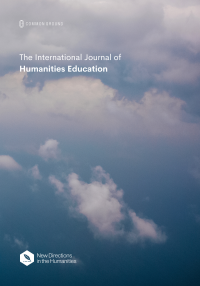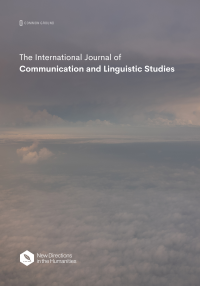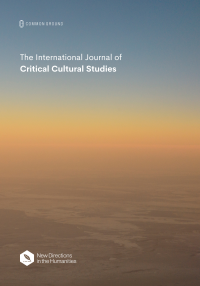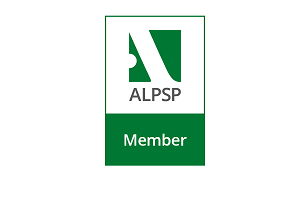The International Journal of Literary Humanities
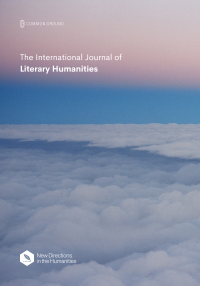
The International Journal of Literary Humanities is dedicated to critically analyzing and interpreting literature and literacy practices across cultures and historical periods. Emphasizing the dynamic and evolving nature of literary humanities, it fosters dialogue around issues of representation, identity, power, and resistance within literary texts.
The International Journal of Literary Humanities is committed to expanding the boundaries of literary studies, inviting critical engagement with traditional and emerging narrative forms. The journal welcomes contributions that engage with literary theory, comparative literature, and the intersections of literature with other forms of cultural expression.
The International Journal of Literary Humanities is a Hybrid Open Access journal. We offer various pathways to make your research accessible and make accessibility affordable. Please see our Open Access Statement and Journal Author Rights & Permissions support page for more information.
